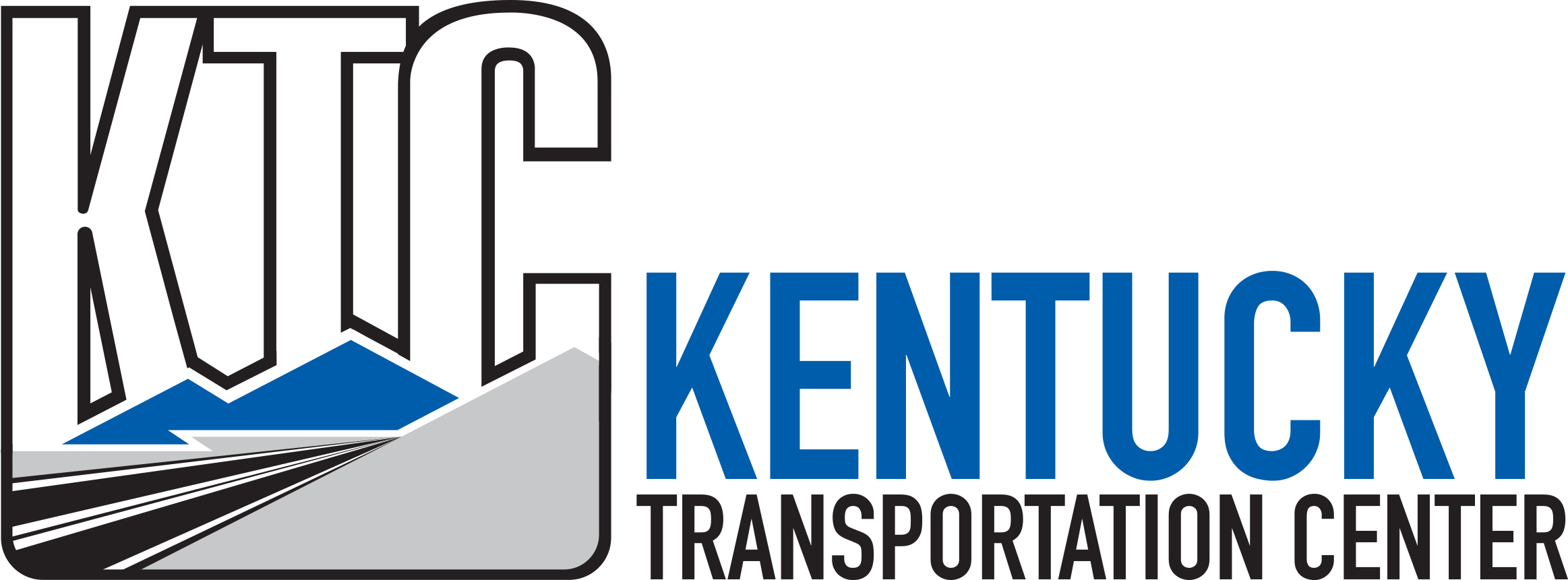Abstract
The purpose of this study was to compare the accident histories of different median types and to provide verification of generally recommended median widths and slopes. A major limitation of the analyses was the small number of possible combinations of median width and cross slope available for study.
The analyses reported provided evidence from accident histories to support the general requirement that wider medians are safer medians. It was indicated that medians should be a minimum of 30-40 feet wide for high speed facilities and that flat slopes should be provided; 4:1 slopes are inadequate for medians less than 60 feet wide. There was an indication that 6:1 or flatter slopes should be used. Raised medians provided an unsuitable vehicle recovery area on rural highways and were also undesirable from the standpoint of roadway surface drainage. The irregular interstate medians which result from independent roadway alignment should be used only with adequate clear zones in the median. Twelve-foot shoulders should be provided where guardrail is to be used.
Report Date
12-1972
Report Number
No. 348
Digital Object Identifier
http://dx.doi.org/10.13023/KTC.RR.1972.348
Repository Citation
Garner, Gordon R. and Deen, Robert C., "Elements of Median Design in Relation to Accident Occurrence" (1972). Kentucky Transportation Center Research Report. 917.
https://uknowledge.uky.edu/ktc_researchreports/917



Notes
Prepared for presentation at the Annual Meeting of the Highway Research Board (January 22-26, 1973).